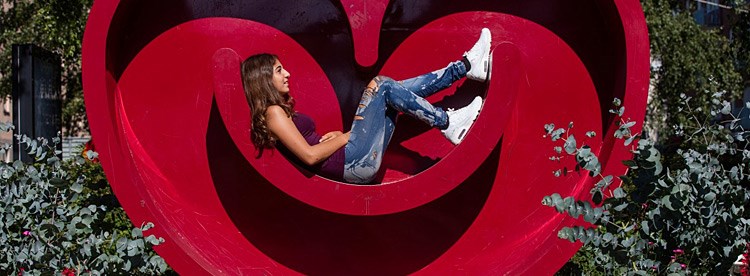European Capital of Culture

In 2014 the city of Umeå in North of Sweden held the title of European Capital of Europe. Umeå applied an open source approach where by Umeå strived to democratise forms of arts that once seemed only for the elite. As an example they used the project "Blog-opera" where 400 students together composed a new opera through a collaborative blogging process.
During Umeå's year as Culture Capital of Europe, they held cultural events every day – ranging from focuses on art and design, music, theatre, sport to the traditions of the norther indigenous people. The year was not only enriching for Umeå culturally, but also economically, with ticket revenues increasing with 39% in 2014. But the positive effects on the city didn't end there; more cultural events, tourism, heightened competence and new job opportunities all became lasting effect of Umeå Cultural Capital of Europe.
The project of European Capitals of Europe started in 1985, with the aim of bringing the citizens of the European Union closer together. Every year, two cities from a European Union member state will hold the title of European Capital of Europe. These are formally chosen four years prior, by a panel of cultural expert. Umeå shared the appointment with Riga in Latvia. The panel of cultural experts assesses the proposed cities according to criteria specified by the European Union.
After two rounds of applications Umeå was chosen based on the panel's views that the project presented by Umeå was well constructed and prepared. The panel argued that Umeå had a very clear ambition to make the city and the North of Sweden more visible in Europe. Umeå had also shown good ambition for using culture as a major element of regional development.
During 2015 Umeå 2014 Cultural Capital of Europe was evaluated by several institutions, European as well as by Umeå themselves. They were praised on their ideas of co-creation and Open Source approach, which had gotten a lot of responses nationally as well as internationally. The enhanced co-operation between national, regional and local actors led to new and deepend networks.
The European Commission's report lifted not only the Open Source approach – which was deemed successful and an authentic representation of Umeå - but also the presentation of the Sami-culture. In the report it was said that this had contributed to an increased appreciation of Sami-culture in Norrland as well as in other places.
